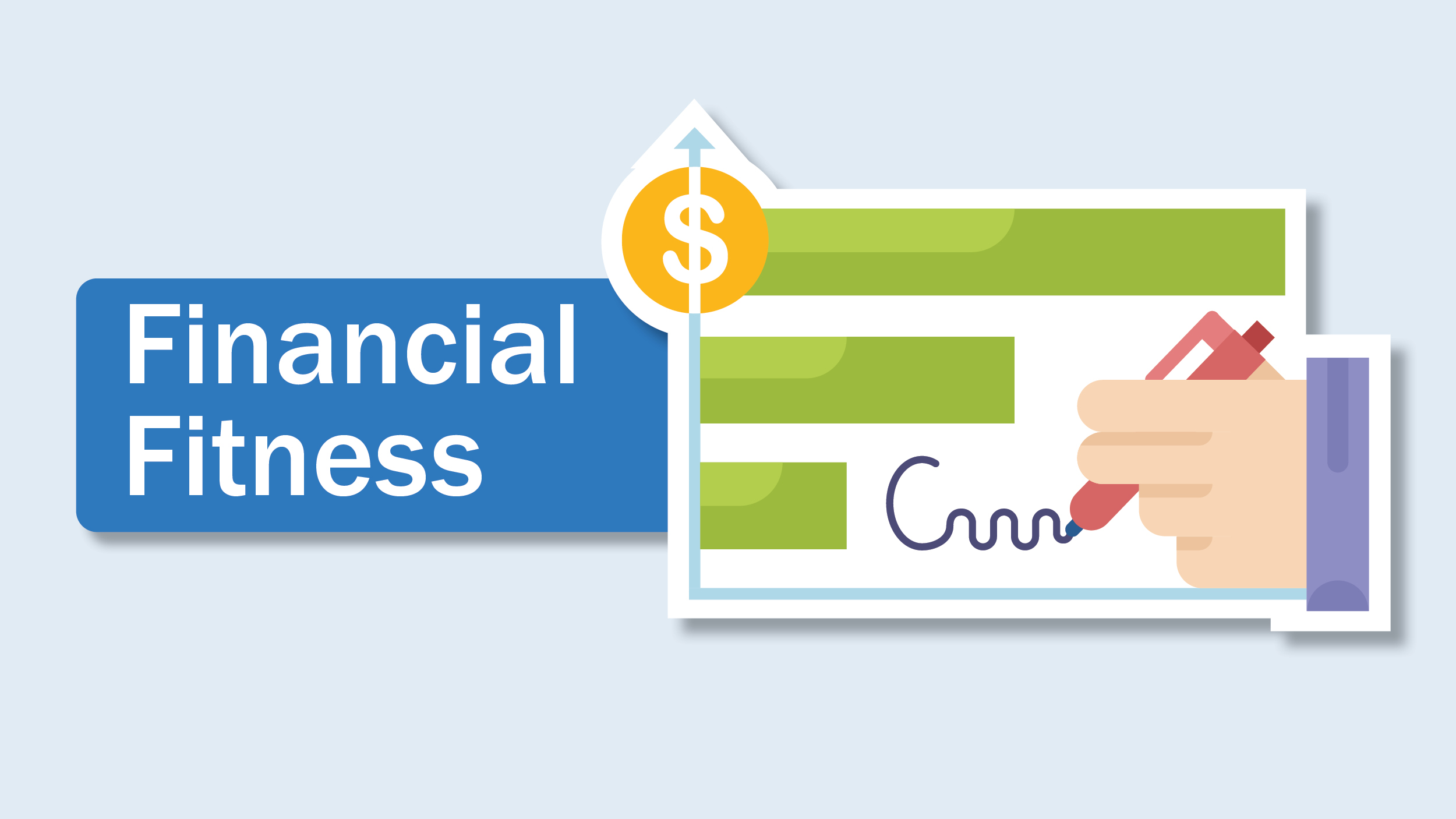Financial health for physicians
10 practical strategies to reduce debt, build wealth, and secure financial freedom.
Prescribing yourself financial wellness
By Disha Spath, M.D. June 1, 2025
Share This Page
Or copy link
Financial health for physicians
WHETHER YOU’RE JUST STARTING your medical career, managing a thriving practice or preparing for retirement, these resolutions can guide you toward financial health and stability.
1 Conduct a financial health checkup
As physicians, you know the importance of annual physical exams for patients. Apply the same principle to your finances. Review your income, expenses, assets, liabilities and investments. Calculate your net worth and identify areas that need attention, such as high-interest debt or inadequate savings.
By understanding your current financial standing, you’ll have a clear starting point for your resolutions.
Action steps:
- Review bank statements, credit card bills and loan balances
- Use a budgeting app or spreadsheet to track your spending
- Schedule a meeting with a financial advisor if needed
2 Tackle debt strategically
Medical school loans can be daunting, often leaving physicians with six-figure debt. While the road to becoming debt-free may seem long, adopting a targeted approach can accelerate your progress.
Making debt reduction a priority can free up resources for other financial goals and reduce stress.
Action steps:
- Reassess your repayment strategy—are you pursuing forgiveness under Public Service Loan Forgiveness (pSlF), or is refinancing and paying off a better fit for your situation?
- If pursuing debt forgiveness, subscribe to one educational resource that can help you stay informed about regulatory changes in the student loan world or obtain professional student loan advice
- Allocate windfalls like bonuses or tax refunds to your loans to make extra payments
3 Boost retirement savings
For physicians, retirement planning can sometimes take a backseat to immediate financial demands. However, ensuring a comfortable retirement requires consistent, intentional saving.
Action steps:
- Maximize contributions to tax-advantaged accounts like 401(k)s, 403(b)s or 457(b)s
- Open or contribute to a Roth IRA or backdoor Roth IRA, depending on your income and tax situation
- Consider additional retirement vehicles like solo 401(k)s or cash balance plan if you’re a high-income earner with a business seeking additional tax-deferred savings
4 Review insurance coverage
Financial security extends beyond savings and investments. Adequate insurance protects you from unexpected events.
Action steps:
- Assess your disability insurance policy to ensure it provides sufficient coverage, especially if you’re a specialist or have a high earning potential
- Review life insurance needs, particularly if you have dependents
- Evaluate malpractice insurance and ensure it aligns with your practice’s risk profile
- Check health insurance deductibles and out-of-pocket maximums, especially if your family’s medical needs have changed
5 Optimize your investment portfolio
Investing is a key component of building wealth, but it requires attention and periodic adjustments to align with your financial goals.
Action steps:
- Diversify your investments across asset classes to minimize risk
- Rebalance your portfolio annually to maintain your desired asset allocation
- Avoid speculative investments and focus on low-cost index funds or ETFs
- Consider consulting a fee-only financial planner to ensure your investments are on track
6 Set a family financial plan
Creating a shared financial vision can lead to better outcomes and foster financial literacy among your loved ones. A unified approach can help you achieve goals while strengthening family bonds.
Action steps:
- Schedule a family meeting to discuss financial goals, like saving for college, purchasing a home or taking a dream vacation
- Involve your children in age-appropriate discussions about budgeting and saving
- Ensure that estate planning documents, like wills and trusts, are up to date and reflect your family’s needs
7 Cultivate passive income streams
Relying solely on clinical income can be risky, especially in an ever-changing health care landscape. Diversifying your income through passive sources can provide additional security and freedom.
Action steps:
- Explore real estate investments, such as rental properties or Real Estate Investment Trusts (ReITs)
- Consider starting a side business or investing in private equity ventures
- Monetize expertise through consulting, doing paid surveys, securing speaking engagements or creating educational content
8 Prioritize self care and work/life balance
Financial resolutions are important, but they shouldn’t come at the cost of your mental and physical health. Mindfully plan for the activities that bring you joy.
Action steps:
- Budget for activities that enhance your well-being, such as vacations, hobbies or fitness memberships
- Set boundaries around work, if possible, to create space for personal time
- Seek professional support if financial anxiety becomes overwhelming
9 Give back through philanthropy
Incorporating philanthropy into your financial plan can be deeply rewarding and align your money with your values. Philanthropy not only benefits others but also provides a sense of purpose and fulfillment.
Action steps:
- Allocate a percentage of your income to charitable donations
- Volunteer time or expertise to medical missions or underserved communities
- Consider establishing a donor-advised fund for tax-efficient giving
10 Stay educated and adaptable
The financial landscape is constantly evolving, and staying informed can help you make better decisions.
Action steps:
- Subscribe to financial publications or listen to podcasts like Finding Financial Freedom with The Frugal Physician for tailored advice
- Attend workshops or webinars on physician finance
- Regularly review your financial plan and adapt it to changing circumstances
As health care professionals, our financial journey is unique, marked by high earning potential but also significant challenges, such as student loan debt and demanding schedules. By setting intentional financial resolutions and taking action, you can take control of your finances, reduce stress and create a foundation for lasting financial security. •



